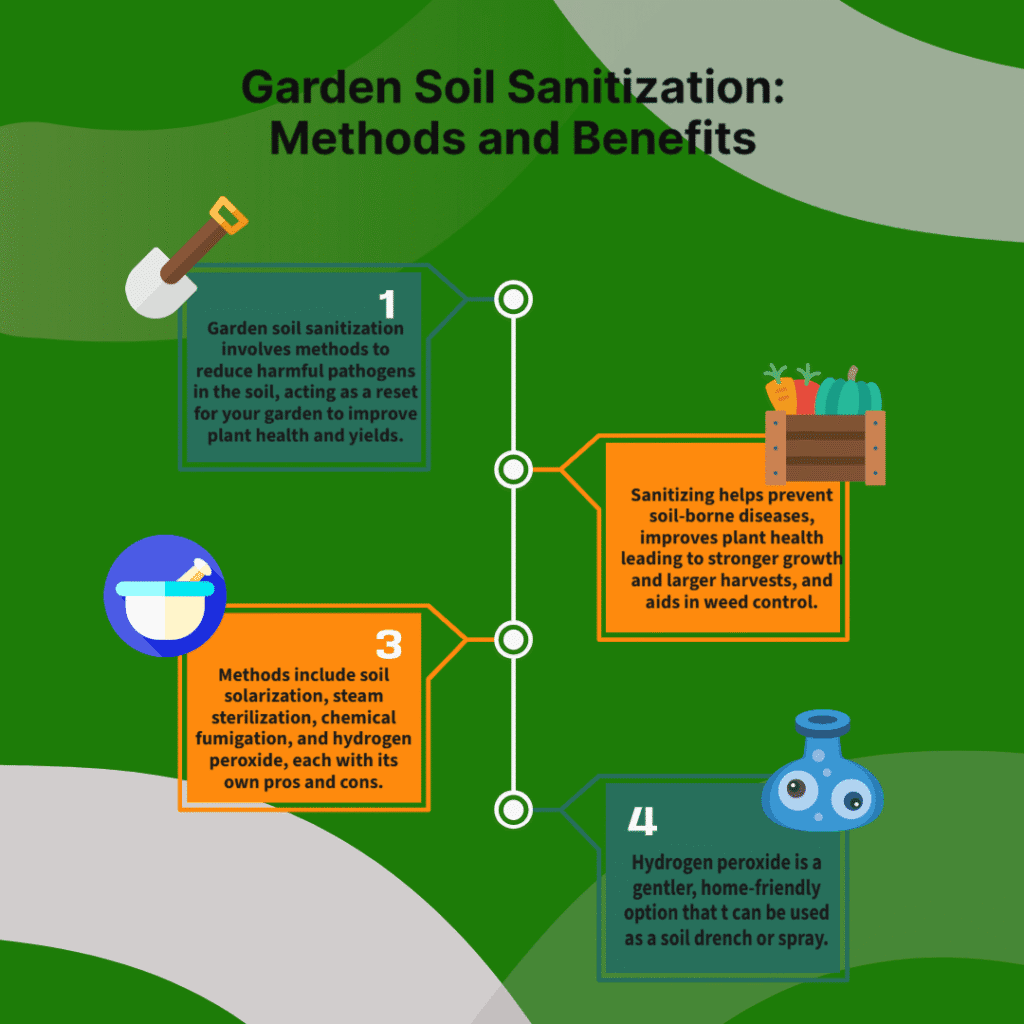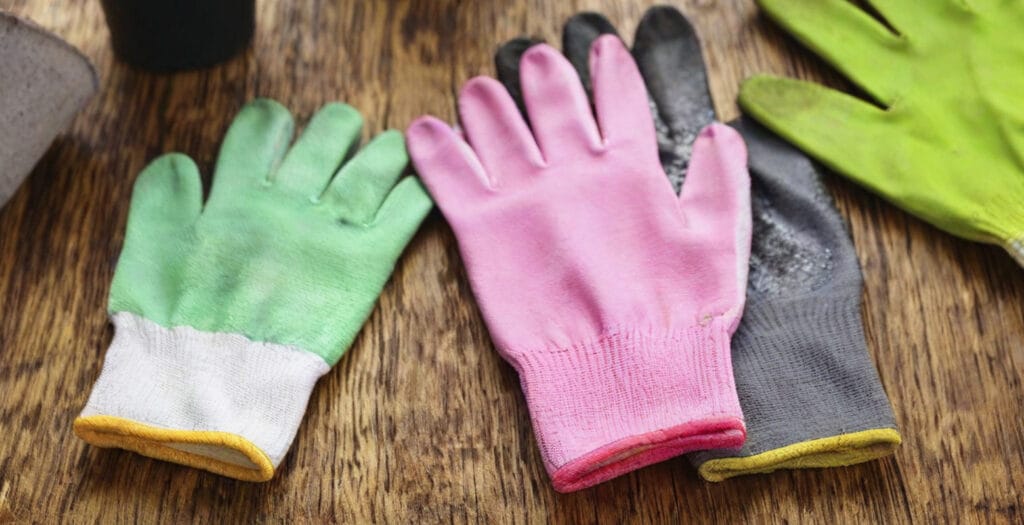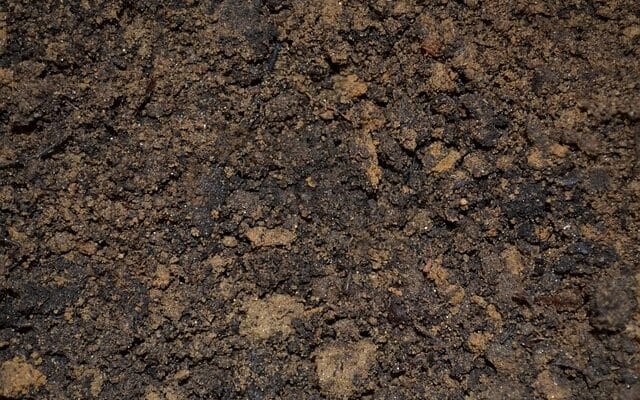Disclosure: This post may contain affiliate links, meaning we get a commission if you decide to make a purchase through our links, at no cost to you. See our full disclosure here.
Is Your Garden Plot a Crime Scene?
Ah, spring! The time of year when a young gardener’s thoughts turn to… soil?
Yeah, I know it’s not the most glamorous part of gardening, but it’s vital.
Good soil is the foundation of any successful garden. But what happens when things go wrong? What if your tomatoes last year were plagued by blight? Or your prize-winning peppers were stunted by some mysterious wilt?
The answer might lie beneath your feet, or rather, in the soil itself.
Just like us, garden soil can harbor bad guys. We’re talking about pathogens – fungi, bacteria, and other microscopic critters that can cause many plant diseases. These pathogens can linger in the soil for years, waiting for the opportunity to infect your precious plants.
So, what’s a gardener to do?
Here’s where garden soil sanitizer comes in. It is very important to understand the options for soil sanitization and use it properly. This will help keep your garden happy and safe from becoming a crime scene for your plants!
What is Garden Soil Sanitizer?
First, let’s clear up a common misconception. When we say “sanitize,” we’re not talking about bleach. Please, for the love of all things green and growing, don’t pour bleach on your garden soil!
Instead, garden soil sanitizer refers to various methods and products aimed at reducing the number of harmful pathogens in the soil.
Think of it as hitting the reset button for your garden.
Why Should You Sanitize Your Garden Soil?
You might wonder if it’s really necessary to go to all this trouble. Here are a few compelling reasons:
- Disease Prevention: As mentioned earlier, soil-borne diseases can wreak havoc on your crops. Sanitizing the soil can help prevent these diseases from taking hold.
- Improved Plant Health: When plants aren’t constantly fighting off disease, they can focus on what they do best: growing strong and producing delicious veggies.
- Increased Yields: Healthy plants translate to bigger harvests.
- Weed Control: Some sanitization methods also help to reduce weed populations, giving your plants a competitive edge.

Methods of Garden Soil Sanitization
Now, let’s get down to the nitty-gritty. How do you actually sanitize your garden soil? There are several options, each with its own pros and cons.
1. Soil Solarization
This method uses the power of the sun to heat the soil and kill off the bad guys.

- How it works: Cover the soil with clear plastic during the hottest part of the year. The trapped heat raises the soil temperature to levels that most pathogens can’t survive.
- Pros: Non-chemical, effective against a wide range of pests and diseases.
- Cons: Requires a long period of time (4-6 weeks) when the garden bed can’t be used, and it’s only practical in sunny climates.
2. Steam Sterilization
This method is more common in commercial settings but can be used on a smaller scale too.
- How it works: Expose the soil to high-temperature steam for a specific period.
- Pros: Very effective at killing pathogens.
- Cons: Requires specialized equipment, can kill beneficial organisms too.
3. Chemical Fumigation
This involves using chemicals called fumigants to disinfect the soil.
- How it works: Fumigants are applied to the soil, and then the soil is covered to trap the fumes.
- Pros: Can be very effective.
- Cons: Chemicals can be hazardous and require strict safety precautions. It also kills beneficial organisms.
4. Hydrogen Peroxide: A Gentler Approach
Now, let’s talk about a method that’s gaining popularity among home gardeners: using hydrogen peroxide.
You probably have a bottle of this stuff in your bathroom cabinet. But it’s not just for cuts and scrapes!
- How it works: Hydrogen peroxide (H2O2) breaks down into water (H2O) and oxygen (O2). The release of oxygen creates an environment that’s harmful to many anaerobic pathogens (those that thrive in the absence of oxygen).
- Pros: Relatively safe, easy to use, and can be used as a soil drench or spray.
- Cons: Not as effective as steam or fumigants for severe infestations, and it doesn’t target weed seeds.
How to Use Hydrogen Peroxide as a Garden Soil Sanitizer
Here’s a step-by-step guide:
- Choose the Right Concentration: Use a 3% hydrogen peroxide solution. This is the concentration you typically find at the drugstore. Higher concentrations can damage your plants.
- Prepare the Soil: Remove any plant debris from the soil surface.
- Application: You can apply the hydrogen peroxide in a couple of ways:
- Soil Drench: Mix 1 part 3% hydrogen peroxide with 5 parts water. Gently pour the solution over the soil until it’s evenly moist.
- Spray: Use the same solution to spray the soil surface.
- Wait: Let the solution sit for at least an hour before planting. This gives it time to do its work.
Important Considerations
- Beneficial Organisms: While hydrogen peroxide is gentler than some other methods, it can still harm beneficial soil organisms. Use it judiciously and consider adding compost to your soil after treatment to reintroduce those good guys.
- Soil Type: Hydrogen peroxide is generally safe for all soil types.
- Plant Sensitivity: Some plants are more sensitive to hydrogen peroxide than others. It’s always a good idea to test it on a small area first before treating your entire garden.
Beyond Sanitizing: Other Uses of Hydrogen Peroxide in the Garden
Hydrogen peroxide isn’t just a garden soil sanitizer. It’s a versatile tool with several other uses:
- Seed Germination: Soaking seeds in a diluted solution (1 tsp of 3% hydrogen peroxide in 1 cup of water) for a few minutes before planting can improve germination rates.
- Root Rot Treatment: A diluted solution can help combat root rot in affected plants.
- Fungal Disease Control: Spraying plants with a diluted solution can help prevent or treat some fungal diseases.
A Word of Caution
While hydrogen peroxide is normally safe for home use, it’s still a chemical. Always handle it with care:

- Wear gloves to protect your skin.
- Avoid contact with eyes.
- Don’t use it in concentrated form.
The Bottom Line
Garden soil sanitizer, when used correctly, can be a valuable tool in your gardening arsenal. Whether you choose solarization or the gentler approach of hydrogen peroxide, taking care of your soil is an investment that will pay off in healthier, more productive plants.
Disclaimer: This post is for informational purposes only and should not be construed as health, wellness or nutrition advice. Please see our full disclaimers here.


Leave a Reply